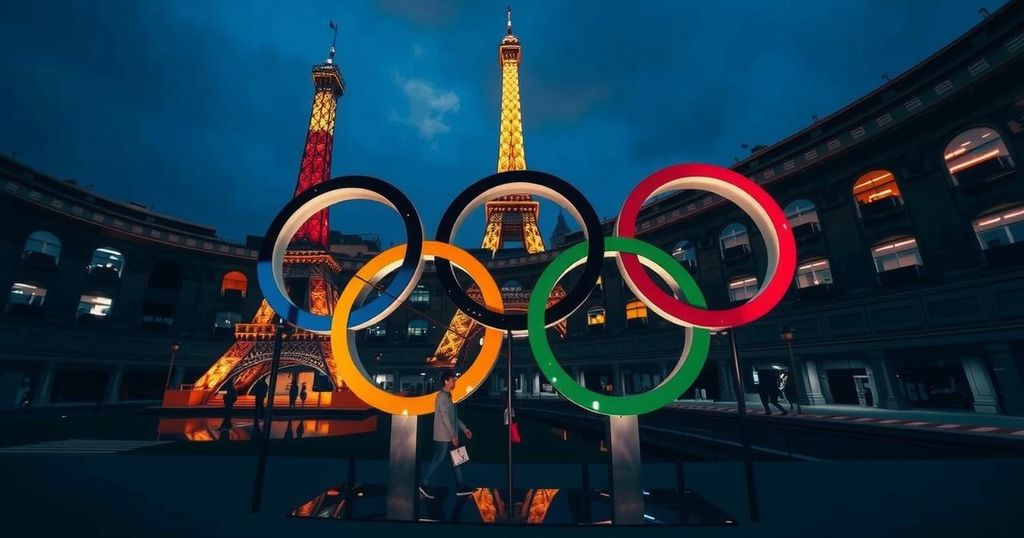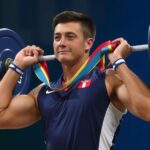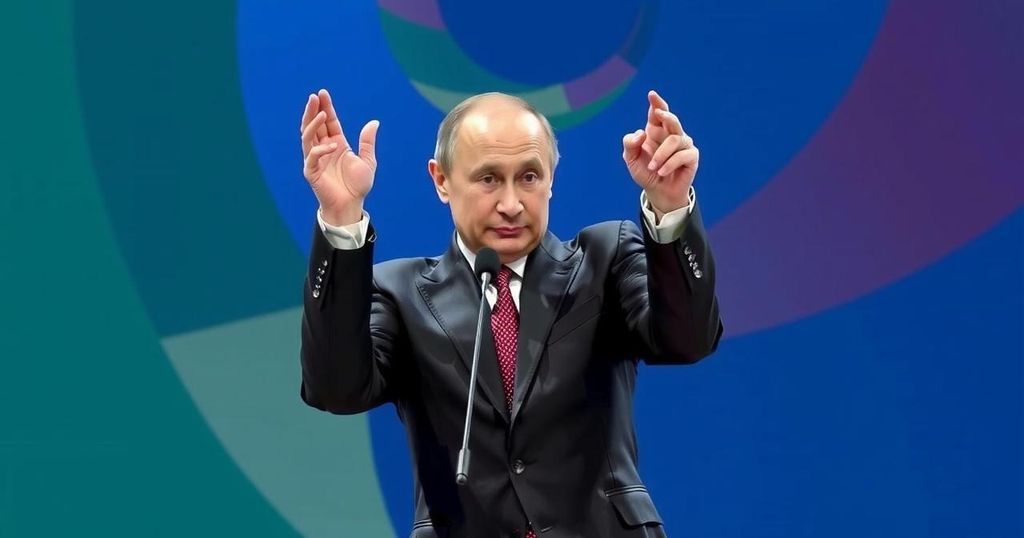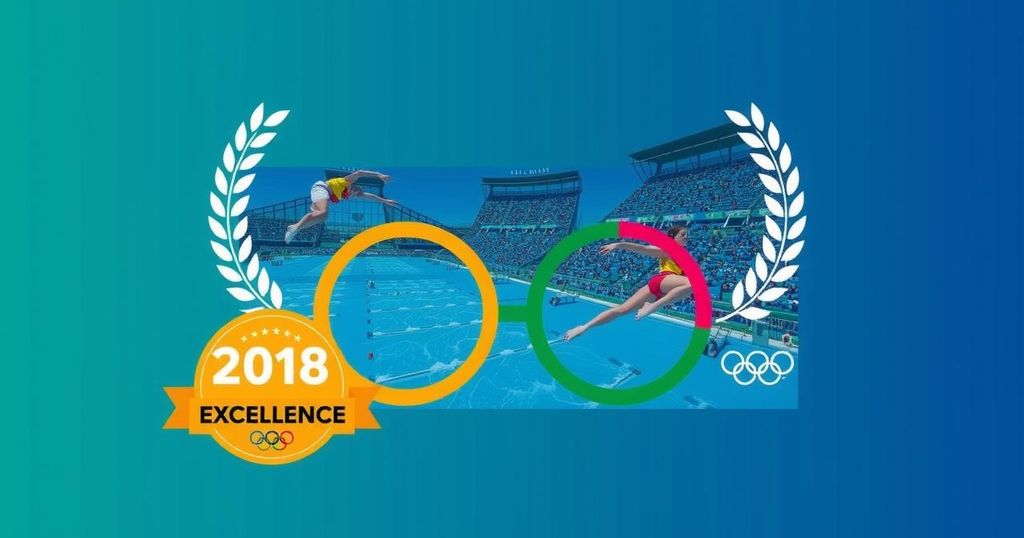Increased Anti-Doping Testing Prior to Paris 2024 Olympics Ensures Athlete Compliance
As the Paris 2024 Olympic Games approach, anti-doping testing in athletics has significantly increased, with the AIU reporting over 7,100 tests conducted and improved compliance among athletes. Only 11% of competitors lacked any OOC testing, a notable decrease compared to previous years. The AIU asserts that such measures enhance the integrity of the sport, highlighting a broader commitment to anti-doping collaboration.
Ahead of the Paris 2024 Olympic Games, the frequency of anti-doping testing in athletics has reached unprecedented levels. According to David Howman, Chair of the Athletics Integrity Unit (AIU), there has been significant collaboration between the AIU, World Athletics member federations, and National Anti-Doping Organizations (NADOs). From September 27, 2023, to July 26, 2024, a total of 7,102 out-of-competition (OOC) tests were administered, with 2,704 conducted by the AIU and 4,388 by NADOs, reflecting a concerted effort to ensure athlete compliance with anti-doping regulations.
The enhanced testing regime has notably reduced the number of athletes competing in Paris without having undergone OOC tests, from 33 percent in 2022 to 11 percent in 2024. Furthermore, 66 percent of competitors in Paris received at least three OOC tests, a significant increase compared to previous championships. Mr. Howman remarked, “These are unprecedented levels of testing in athletics; tremendous improvements, and we are very pleased to have attained them in an Olympic year.”
The AIU’s strategic approach, which includes intelligence-led targeting, has yielded 32 Anti-Doping Rule Violations (ADRVs) thus far, with 17 additional cases pending investigation. Moreover, averages indicate an increase in the number of tests per athlete, from 4.2 tests during the World Championships in Budapest to 5.4 in Paris, highlighting a proactive stance against doping in athletics. This increase in testing is also seen among top finishers, with the majority showing clear compliance with anti-doping protocols.
Howman emphasized the importance of transparency in anti-doping efforts, stating, “It is critical, for the integrity and credibility of athletics, that we are transparent about our testing and the strides we are making to protect the sport from doping.”
The AIU will continue to assess domestic testing programmes to ensure adherence to World Athletics Anti-Doping Rules, with particular focus on qualitative criteria alongside testing levels. Such initiatives demonstrate a robust commitment to upholding the integrity of athletics in the face of doping challenges.
The focus on enhanced anti-doping practices comes in preparation for the upcoming Paris 2024 Olympic Games, where the integrity of the sport is paramount. Previous championships, such as the World Athletics Championships held in Budapest and Eugene, exhibited lower testing rates, prompting the need for reform. The AIU’s role is critical in ensuring that all athletes are held to the highest standards of compliance with anti-doping rules, thereby preserving the fairness of competition at major international events.
In conclusion, the AIU has implemented significant measures to increase anti-doping testing among athletes in the lead-up to the Paris 2024 Olympics, resulting in higher compliance rates and a reduction in athletes competing without prior OOC tests. The statistics underscore the effectiveness of collaborative efforts among governing bodies to uphold the integrity of athletics. As the efforts continue, it remains essential for all involved to maintain transparency and accountability in anti-doping practices.
Original Source: athleticsillustrated.com








Post Comment